Mount Hua, or Hua Shan is a mountain located near the city of Huayin in Shaanxi province, about 120 kilometres (75 mi) east of Xi'an. It is one of China's Five Great Mountains, and has a long history of religious significance. Originally classified as having three peaks, in modern times the mountain is classified as five main peaks, of which the highest is the South Peak at 2,154.9 metres (7,070 ft).
Mount Hua is located near the southeast corner of the Ordos Loop section of the Yellow River basin, south of the Wei River valley, at the eastern end of the Qin Mountains, in southern Shaanxi province. It is part of the Qin Ling Mountain Range that divides not only northern and southern Shaanxi, but also China.

Mount Hua, or Hua Shan is a mountain located near the city of Huayin in Shaanxi province, about 120 kilometres (75 mi) east of Xi'an. It is one of China's Five Great Mountains, and has a long history of religious significance. Originally classified as having three peaks, in modern times the mountain is classified as five main peaks, of which the highest is the South Peak at 2,154.9 metres (7,070 ft).
As early as the 2nd century BCE, there was a Daoist temple known as the Shrine of the Western Peak located at its base. Daoists believed that in the mountain lives the god of the underworld. The temple at the foot of the mountain was often used for spirits mediums to contact the god and his underlings. Unlike Taishan, which became a popular place of pilgrimage, because of its inaccessibility to the summit, Huashan only received Imperial and local pilgrims, and was not well visited by pilgrims from the rest of China. Huashan was also an important place for immortality seekers, as many herbal Chinese medicines are grown and powerful drugs were reputed to be found there. Kou Qianzhi (365–448), the founder of the Northern Celestial Masters received revelations there, as did Chen Tuan (920–989), who spent the last part of his life in hermitage on the west peak. In the 1230s, all the temples on the mountain came under control of the Daoist Quanzhen School. In 1998, the management committee of Huashan agreed to turn over most of the mountain's temples to the China Daoist Association. This was done to help protect the environment, as the presence of taoists and nuns deters poachers and loggers. .

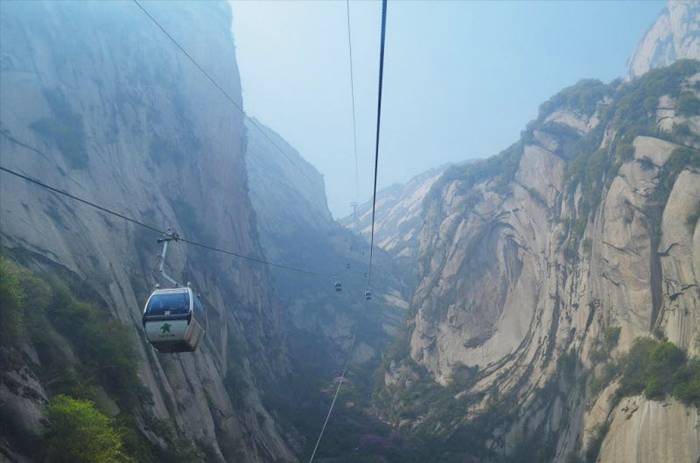
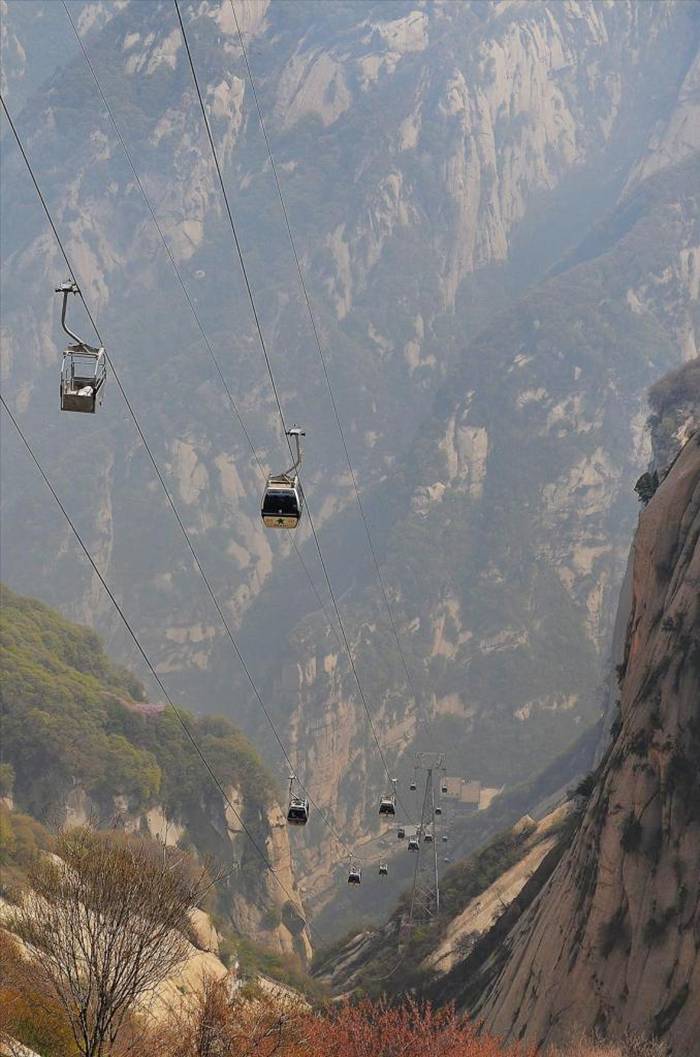
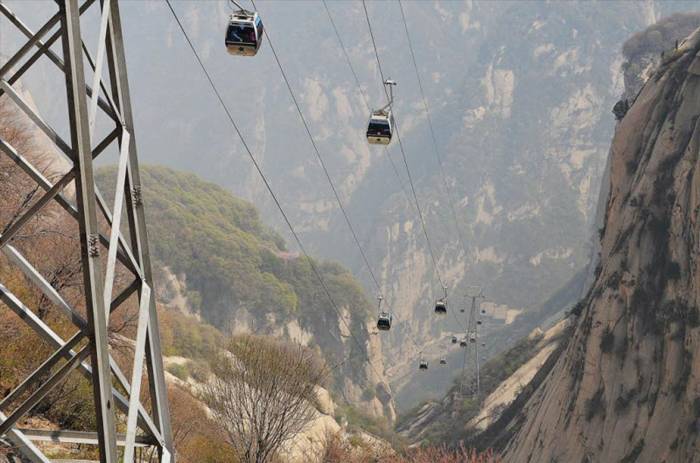
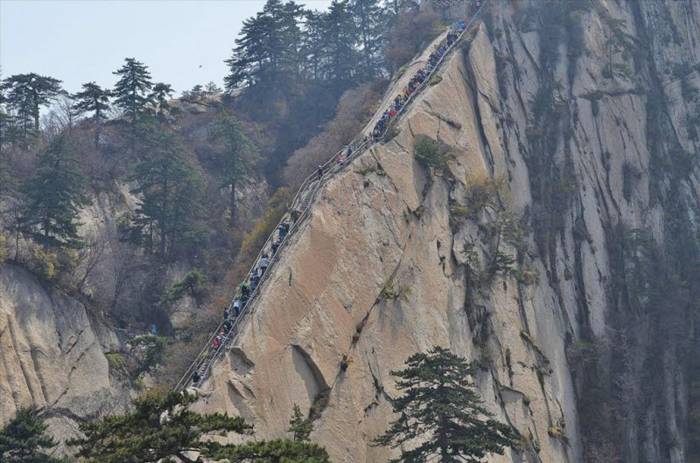
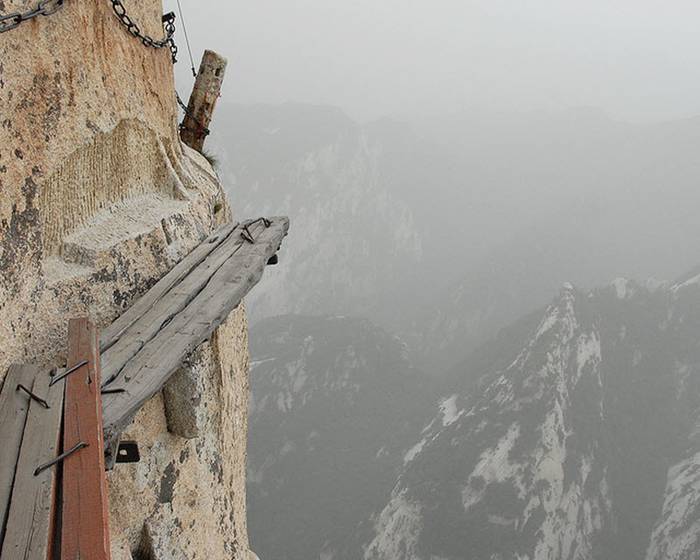
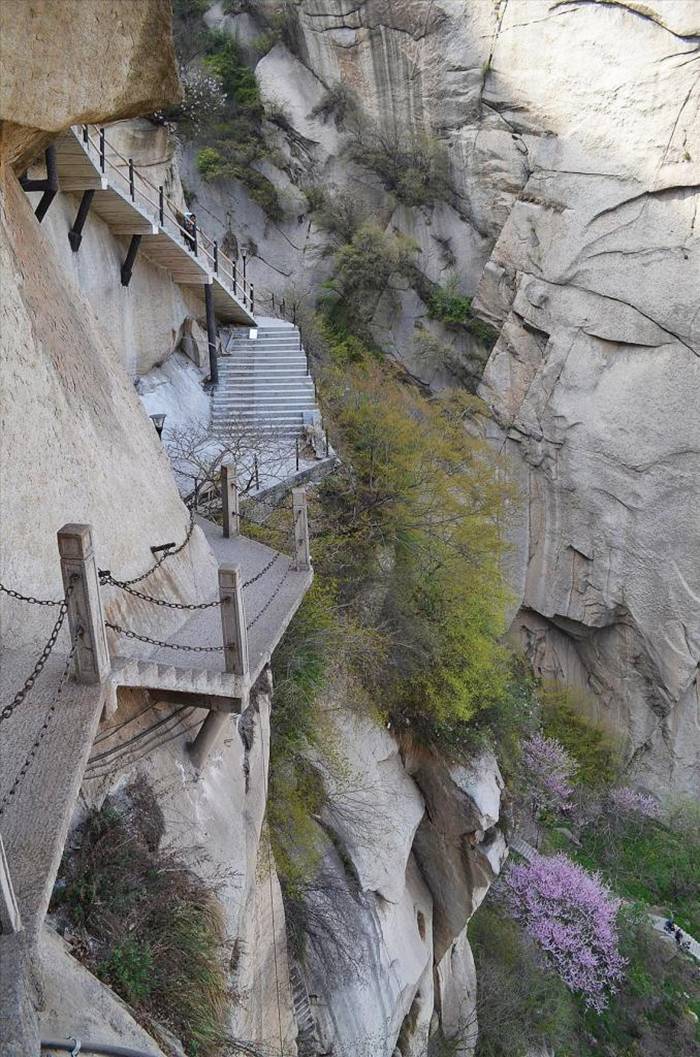

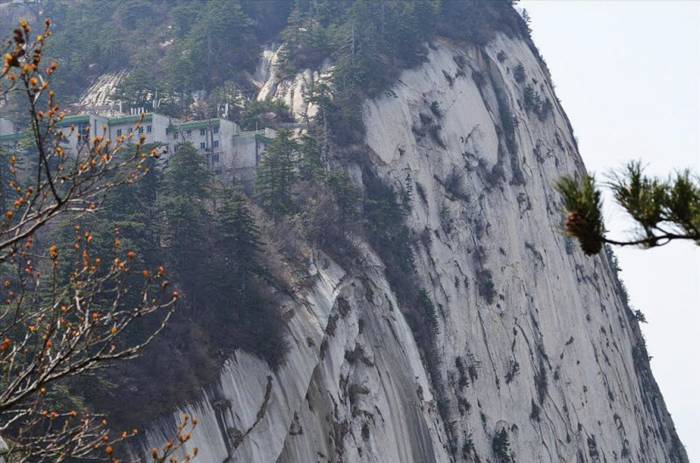
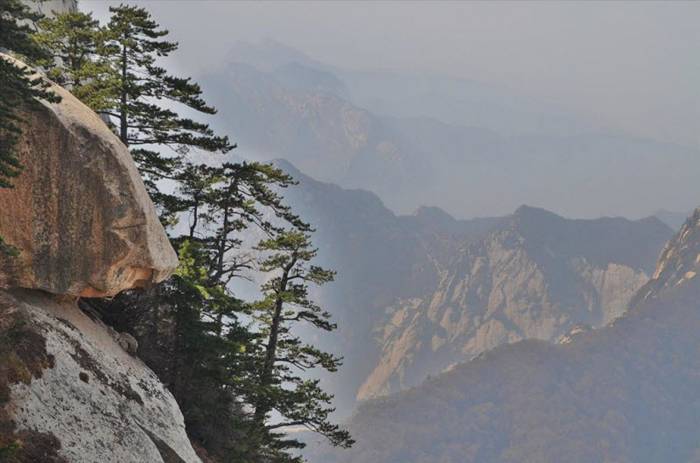
Temples — Huashan has a variety of temples and other religious structures on its slopes and peaks. At the foot of the mountain is the Cloister of the Jade Spring , which is dedicated to Chen Tuan.
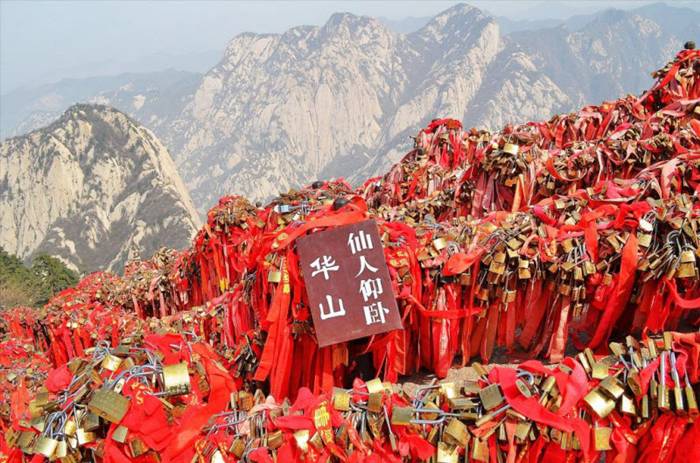
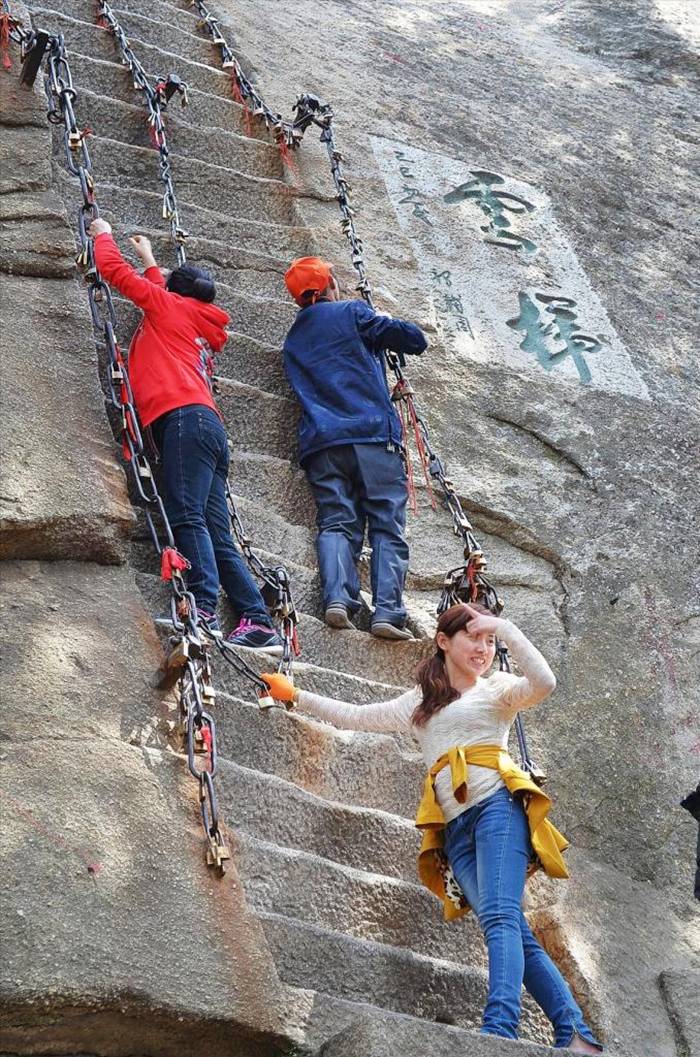
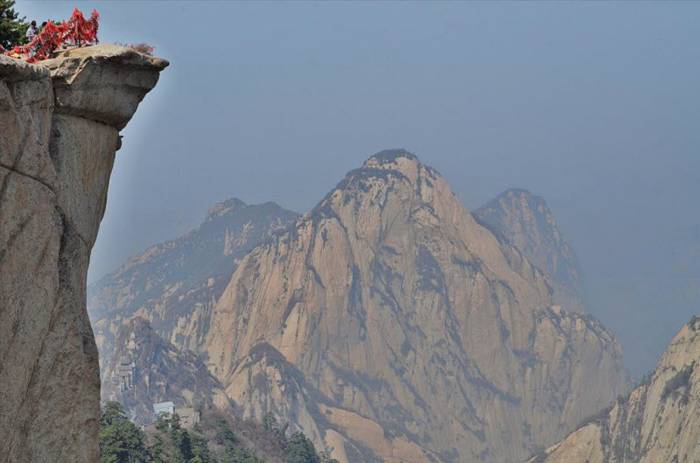
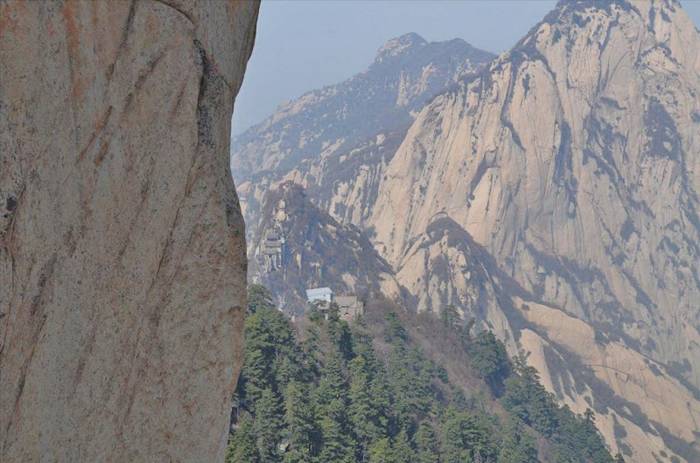

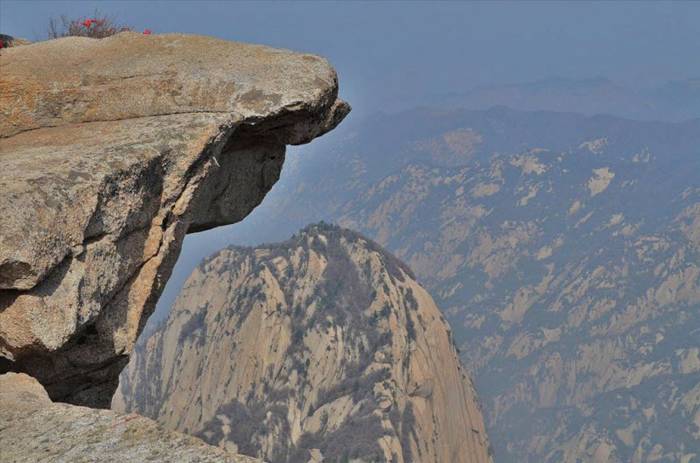
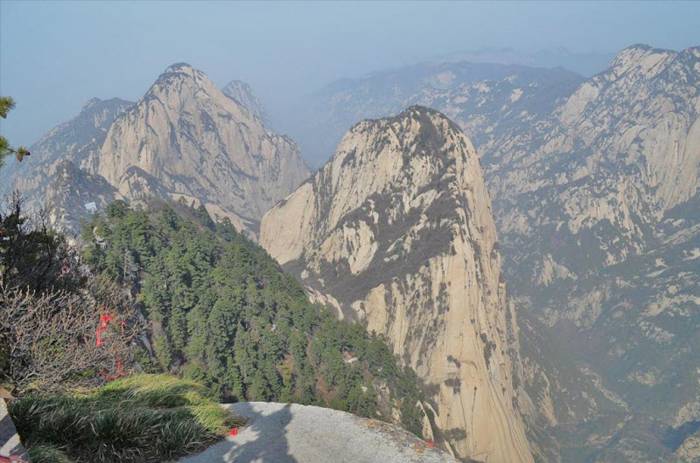
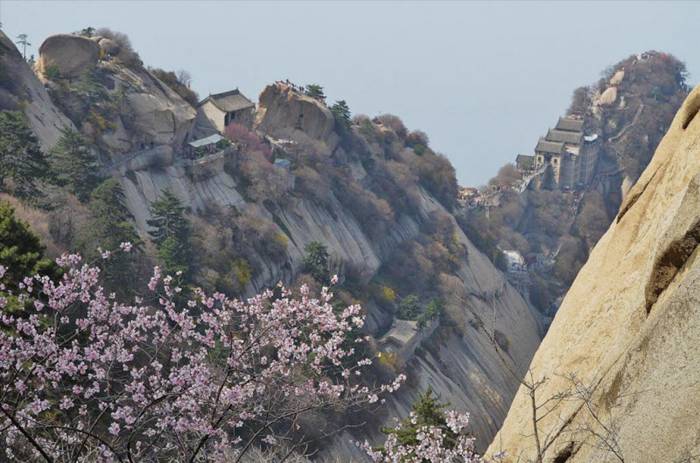
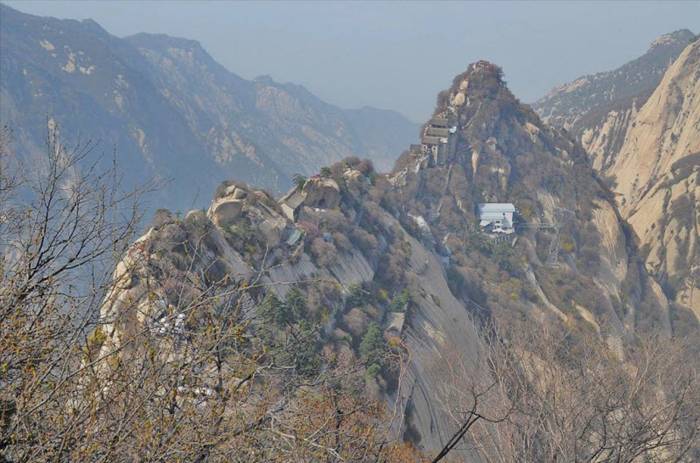
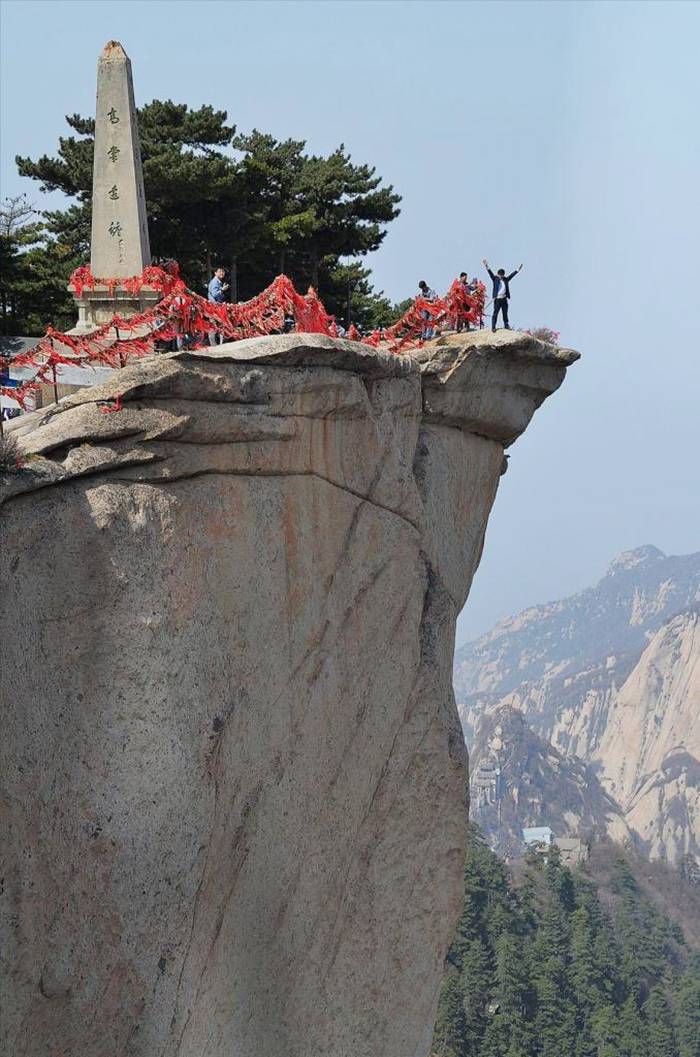

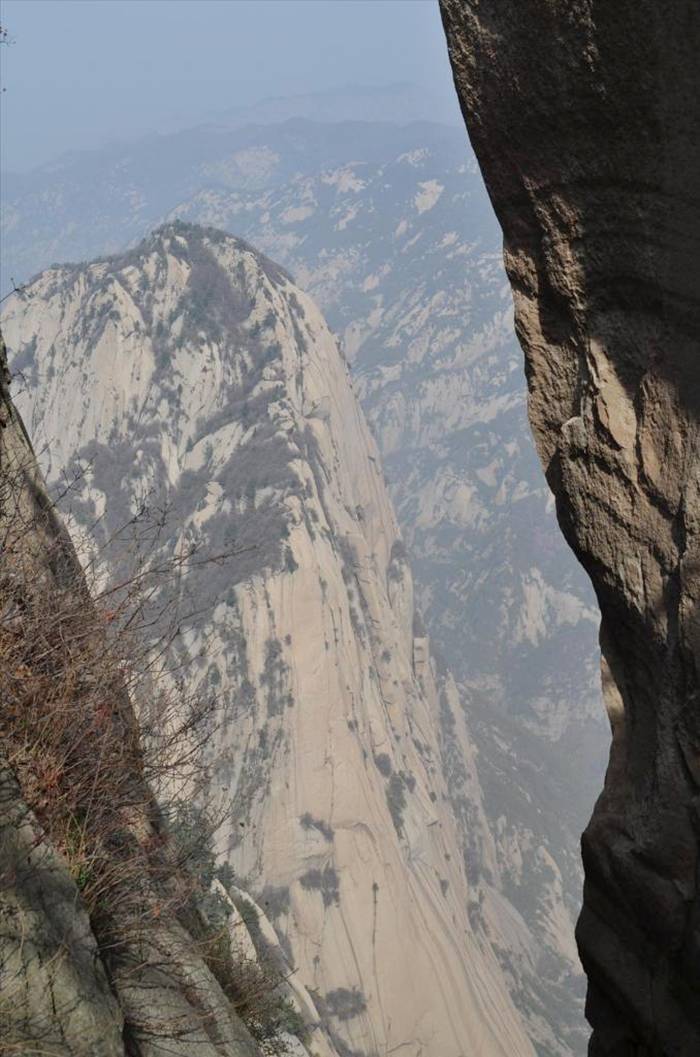
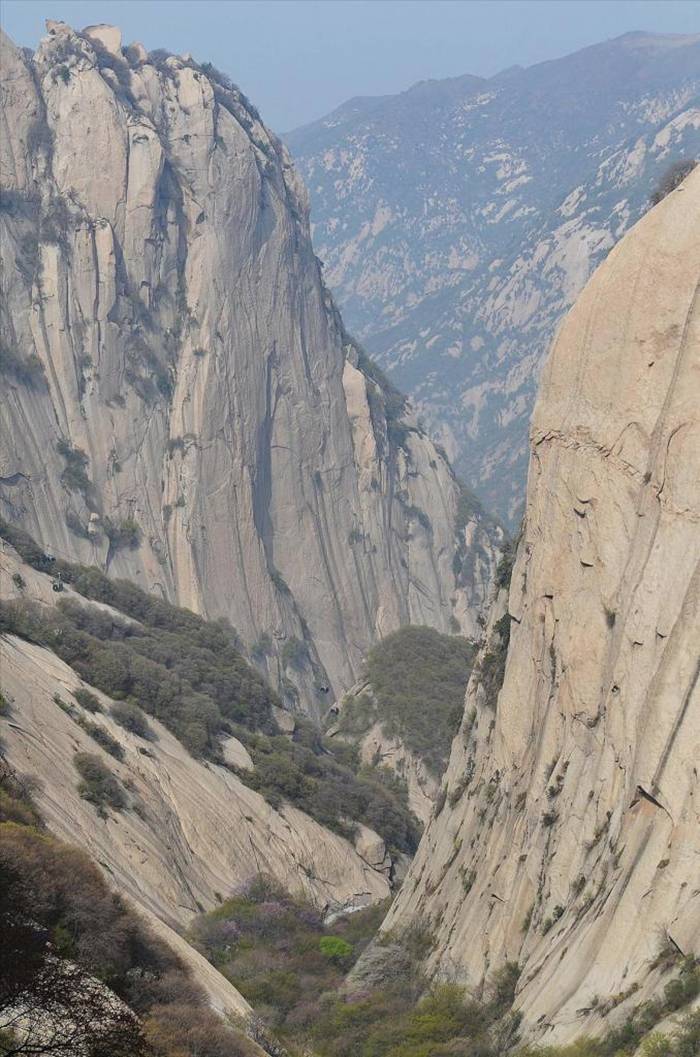
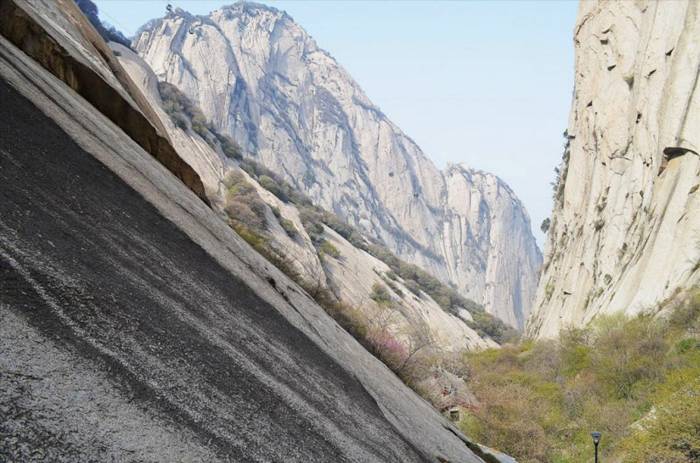
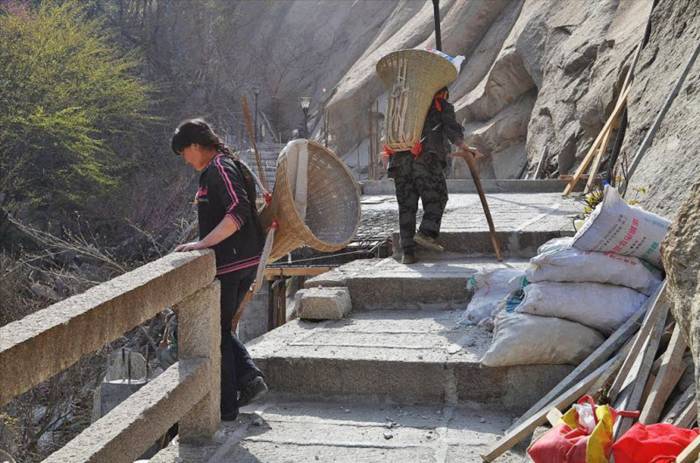
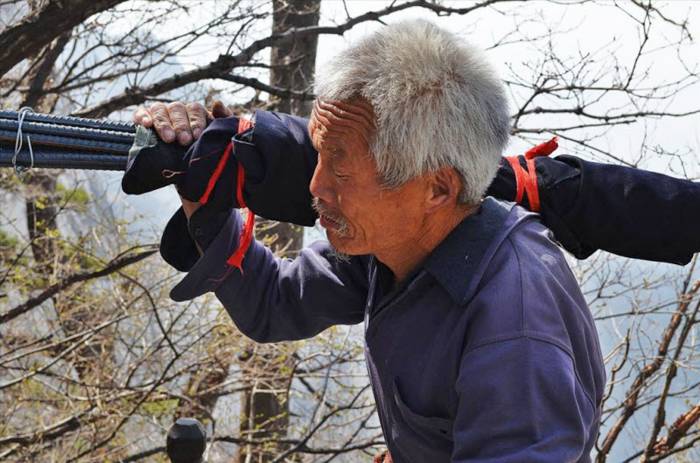
Tidak ada komentar:
Posting Komentar